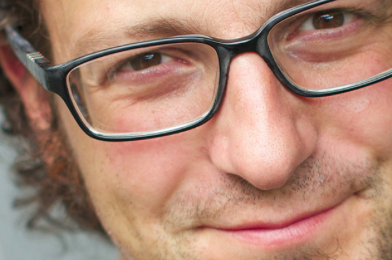Enjoy a reading of some of the writings of French mystic, social philosopher, and activist in the French Resistance during World War II, Simone Weil (1909-1943) whose posthumously published works had particular influence on French and English social thought.
Podcast: Play in new window | Download (Duration: 7:00 — 9.6MB) | Embed
Subscribe to Spark My Muse Apple Podcasts | Spotify | Email | TuneIn | RSS | Subscribe to Spark My Muse
After you listen,
you can visit the Subcriber page for free and get links to her books. ⬇️
https://open.substack.com/pub/sparkmymuse/p/gravity-and-grace-insights-from-simone
Can you contribute today?
As a (Patreon) supporter, you unlock many extras (at http://patreon.com/sparkmymuse $5 level, and up).
but. there’s. more.
It ALSO includes everything on the paid level at the Substack site. For more info scroll down.
I invite you to read and grow with the spiritual formation book I wrote called The Wild Land Within (my first book with Broadleaf Books)
🎁 ❤️
Just click the book or google search the title to get one, or get a few for a book club.
I’m happy to meet up with your book group to say “hello”, answer your questions, and hear your thoughts.
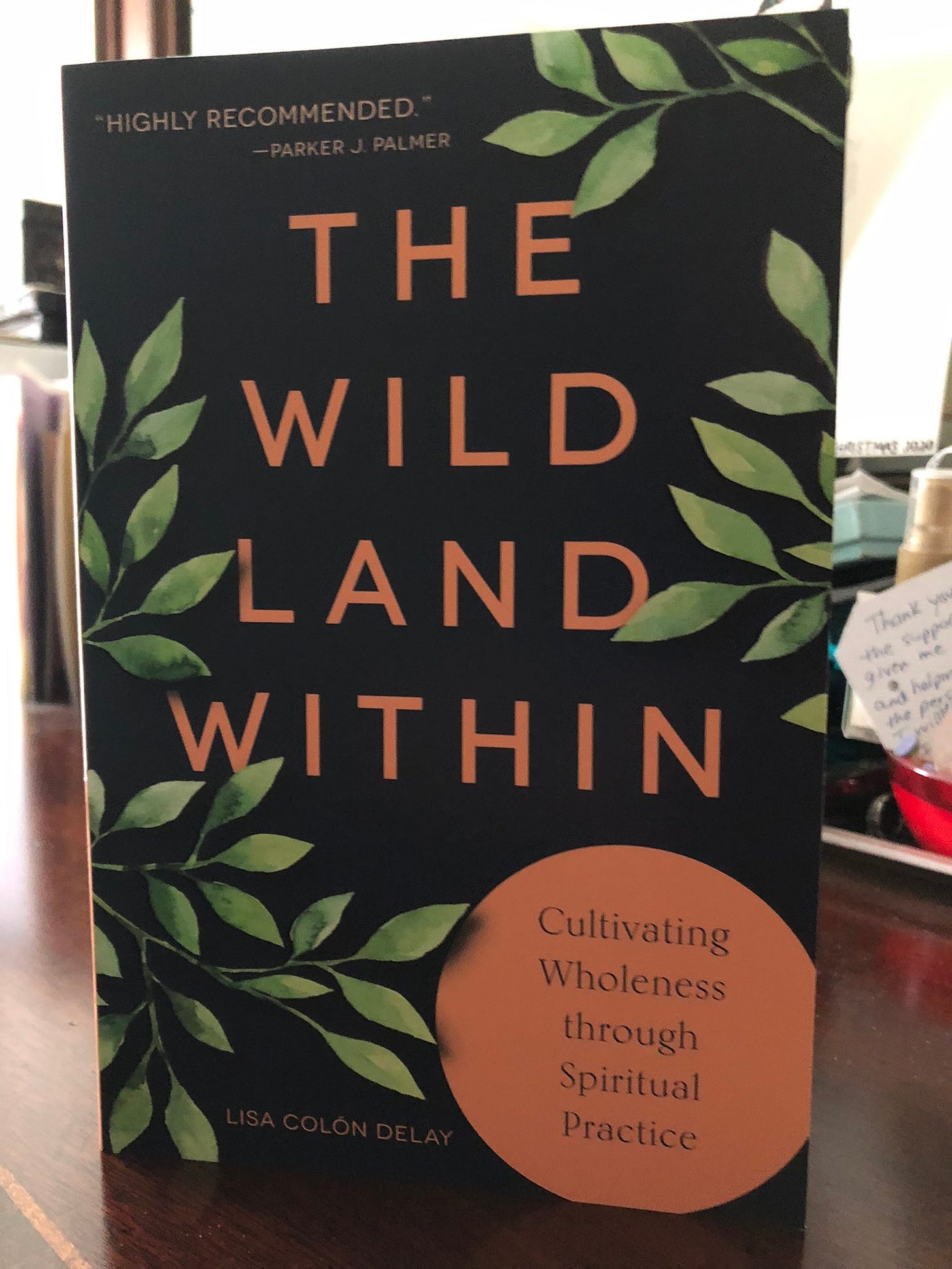
• You can find out about my publisher Broadleaf Books here
⭐️You want PatronDETAILS?
In short, Patron supporters chip-in a bit each month to help me offset my expenses so I can continue creating. $1 to start. That’s it.
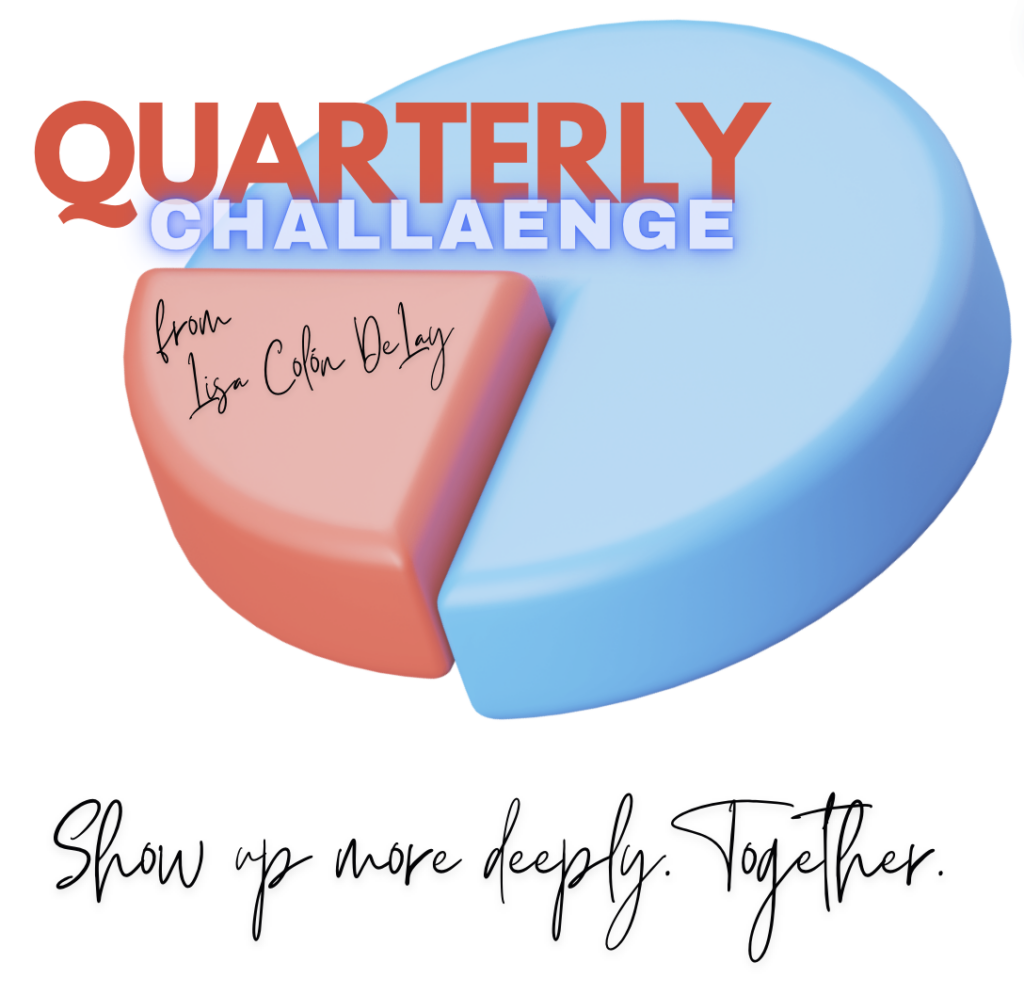
Supporting at $5 + entitles you to many posts, perks, and goodies that unlock once you begin. But, you can follow for free and see public posts and monthly Spiritual Challenges.
It is with great appreciation that I create for my patrons as my “inner circle” of financial supporters.
Join us for…
THE QUARTERLY CHALLENGE.
Find out more.
There’s no cost, just start here
You can show your appreciation and make a one-time contribution at PayPal.me/lisacolondelay
It’s listeners like you make this work possible.
Thank you very much.
-Lisa

![Gravity and Grace: Insights from Simone Weil [SSL 316]](https://lisadelay.com/blog/wp-content/uploads/2024/08/simoneweil1.jpg-825x510.webp)
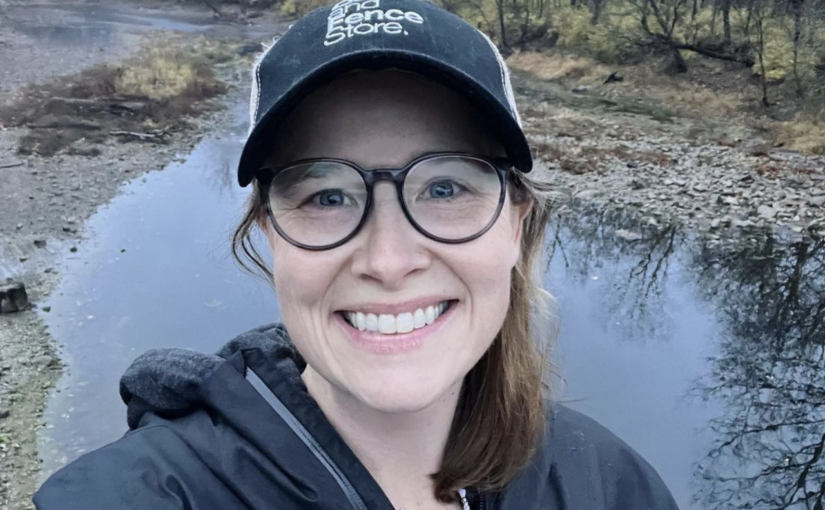
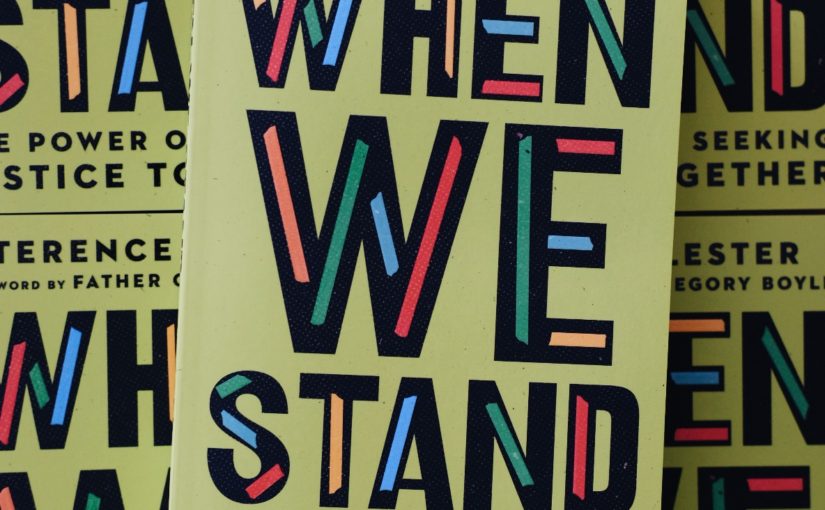


 Get my book
Get my book 